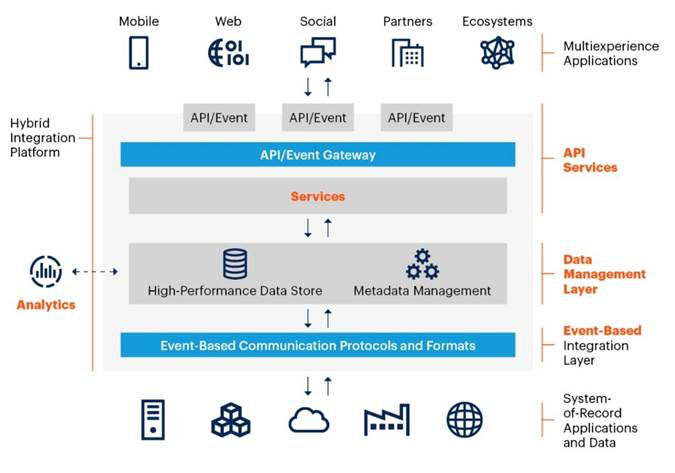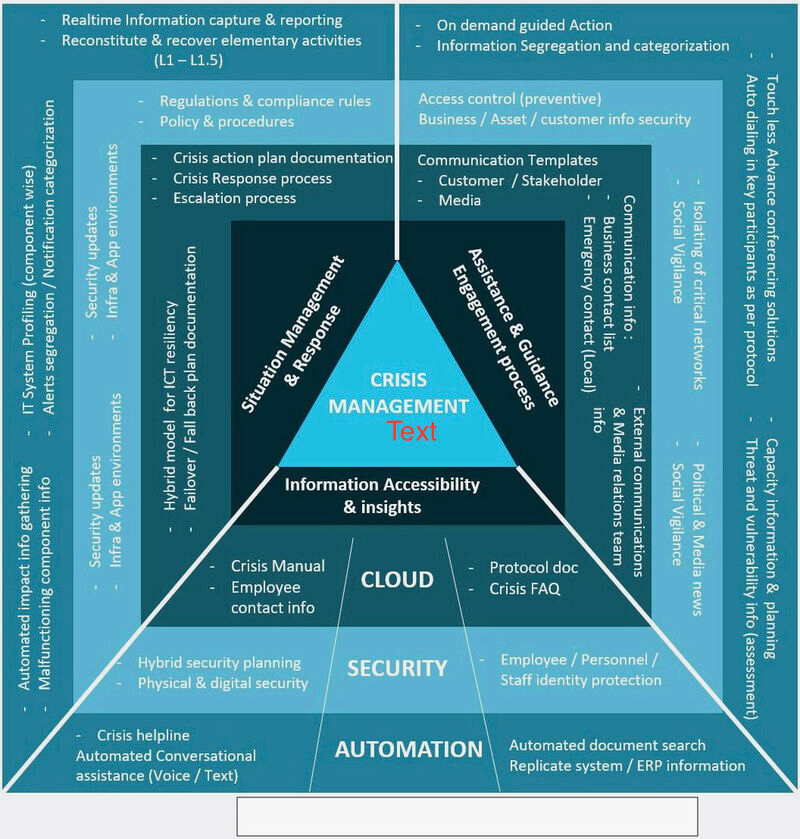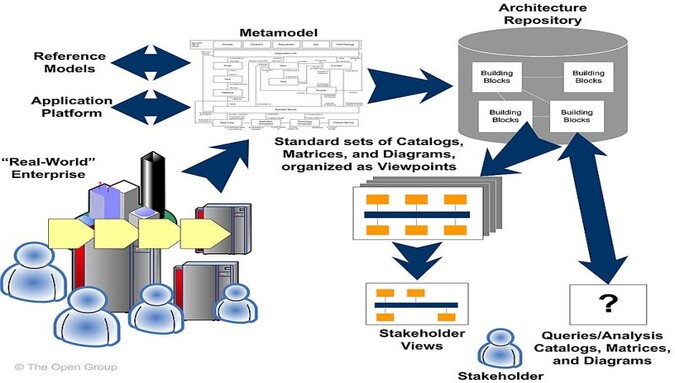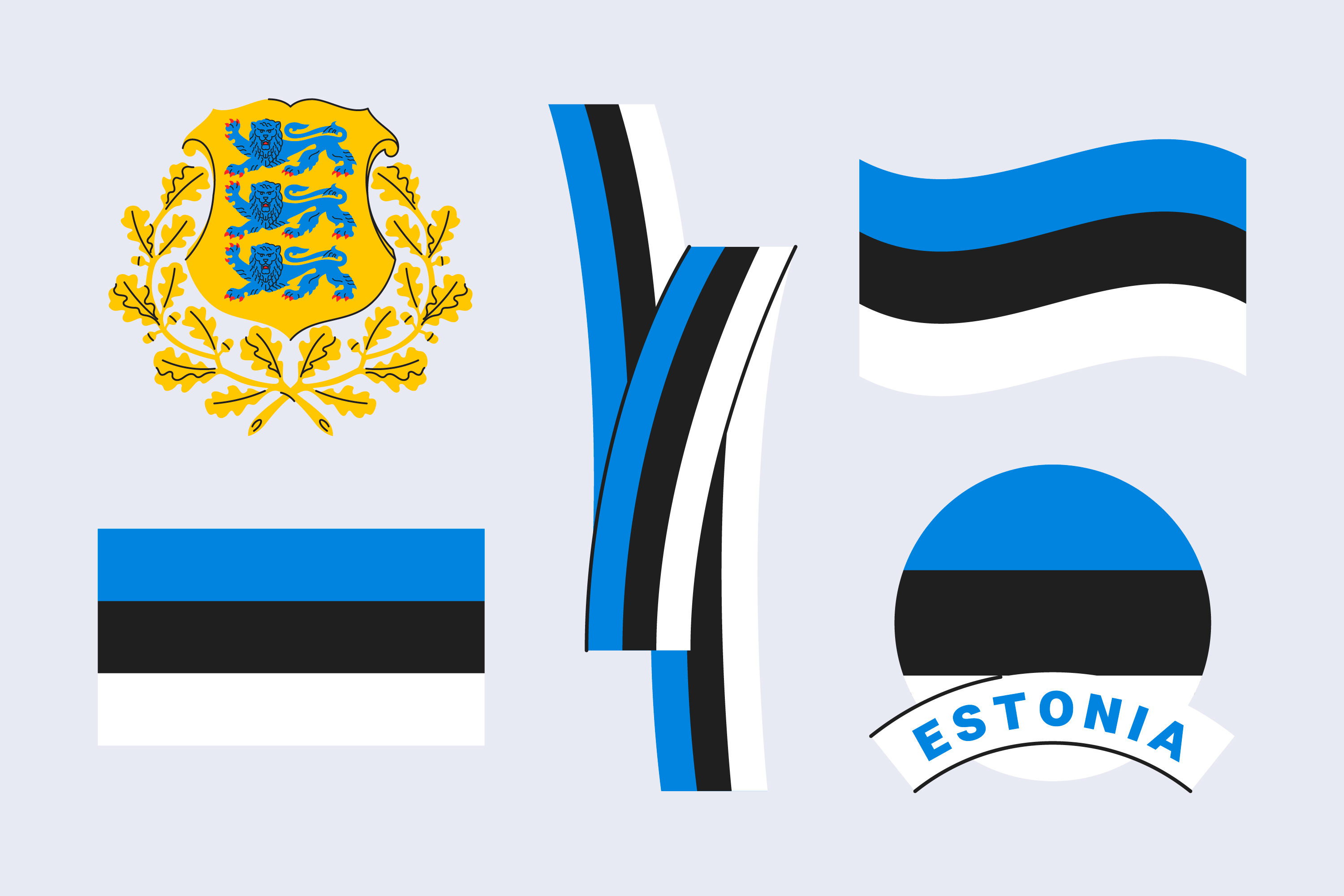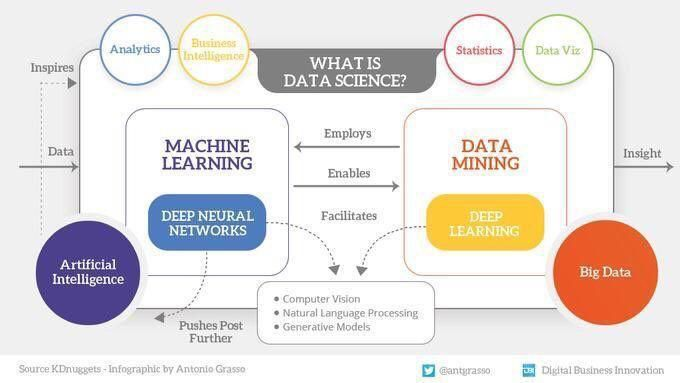API Platforms Improving API Delivery – SAP CRM
Centrica is an international energy services and solutions provider that serves several millions of accounts mainly in the U.K., Ireland and US. It is the parent company of British Gas.
Over the past several years, the British Gas unit’s SAP application team developed approximately 100-120 SOAP and OData APIs to enable access to customer, product, contract and other data handled by the company ERP (SAP IS-U) and CRM (SAP CRM) system-of-record applications. These APIs were being used by a range of web and mobile apps, developed by the company’s digital team. Millions of private and business British Gas customers used these apps, which generated between 5-7 million API calls per day into the systems of record. But these APIs were often redundant and were implemented on a complex architecture combining SAP Process Integration and SAP Gateway.
This arrangement led to suboptimal performance, with some API calls requiring several seconds to respond and in some cases timing out after 30 sec. The arrangement also meant the system lacked 24/7 availability as the systems of record had to be periodically shut down for maintenance or other reasons.
In early 2019, the Centrica global integration team took over the API implementation responsibility and developed a new cloud-based, DIH-enabled API platform. The platform includes SAP HANA as the high-performance data store (whereas SAP SLT is used for near-real time data replication from SAP IS-U and SAP CRM). The platform also incorporates the SAP CAP framework, which developers use to construct the new APIs, according to an API-first, OpenAPI-based model.
The new architecture is providing remarkable benefits. It delivers 24/7 availability, as data is available even when the systems of record are down, and performance has improved dramatically. In a benchmark study, Centrica showed how an API that 95% of the time would provide a response time of 1.8 sec, once redesigned for the new platform now takes 60 milliseconds with a throughput of 100 API calls per sec. Moreover, the team estimates this new approach will allow it to reduce by about 75% the number of APIs needed to enable the digital applications. Finally, because of the new architecture, the digital applications are now almost completely decoupled from the SAP ERP and CRM applications, which will make the system-of-record replacement easier.
An initial set of APIs, which supports more than 50% of the total workload, is already in production, and the team expects to complete all the planned API development by YE20. However, the legacy APIs will remain in operation until well into 2021, while the digital applications gradually migrate to the new environment. Based on the British Gas success, Centrica is now planning to deploy the DIH architecture in other subsidiaries.

